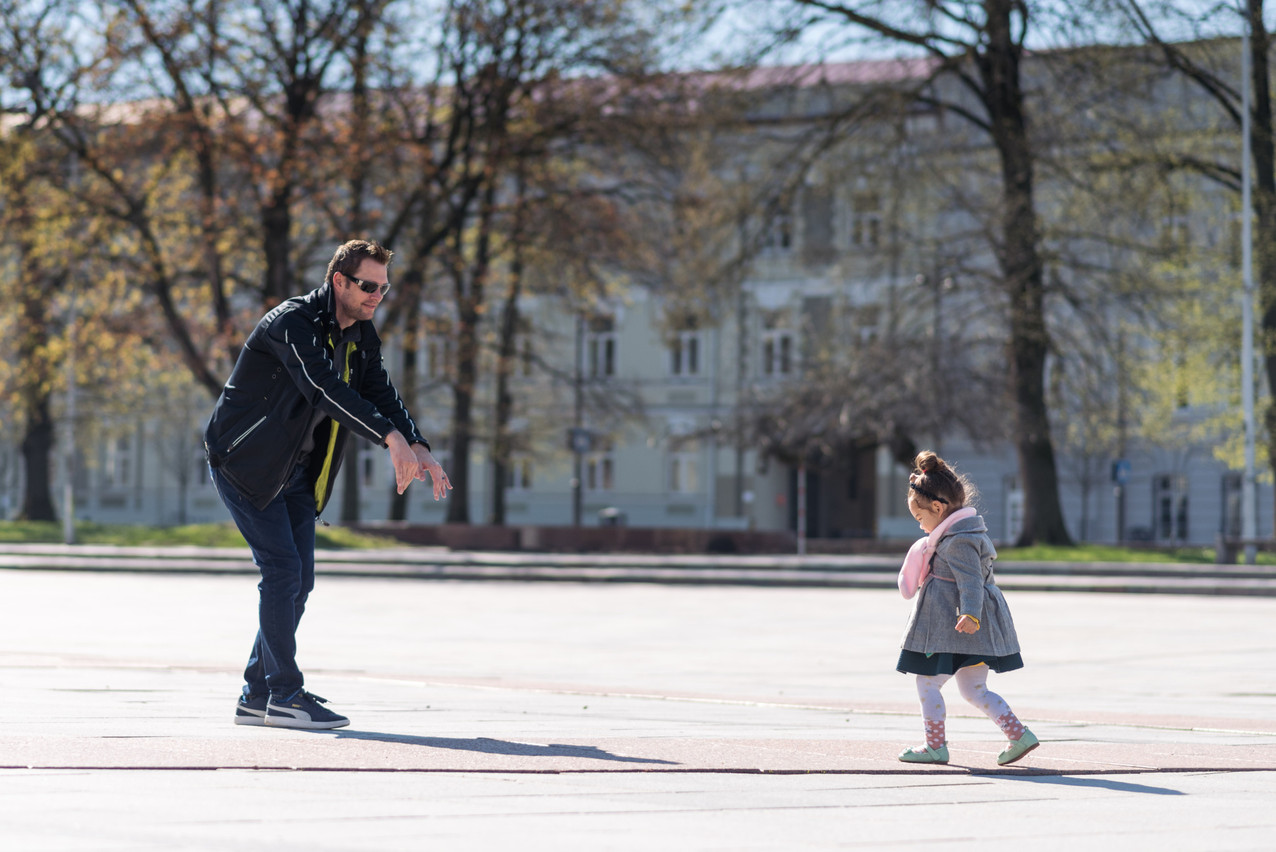On an average gross annual income of €64,932, a couple without children will be taxed at 8.16% in 2021, while this rate rises to 19.75% for a single-parent family.
On the one hand, the couple is in tax class 2, while on the other hand, the parent with a dependent child is in class 1a. Between the two, the difference in taxes amounts to €7,158, i.e., a 142% difference, claims Collectif Monoparental in a calculation attached to an open letter addressed to prime minister Bettel in the beginning of July.
The group which has 1,500 members received a reply from the cabinet stating that its letter had been forwarded to the minister of finance, (DP).
We have the feeling that the government is hiding behind the covid crisis.
"We have already met with Pierre Gramegna, minister of finance, just before the tax reform of 2017, we want to talk to prime minister Xavier Bettel because we have the feeling that the government is now hiding behind the covid crisis, and I find that this is not serious", says Jean Heuschling, long-time member of Collectif Monoparental.
Heuschling sees this as a "tax injustice" of single-parent households. “They are subject to a tax regime that is visibly more burdensome than for a couple without children, even though they have only one source of income and are immediately exposed to an increased risk of poverty,” he says.
Last April, economic organisation OECD once again highlighted another major tax gap in Luxembourg--that between married couples and single people, with the latter being taxed twice as much.
A tax credit that does not make the grade
It should be noted that for a single-parent family the shift to class 1a takes place two years after the divorce. In addition to that, the 2017 tax reform led to an increase in tax credits for single-parent households (CIM).
But in the gross income scenario of €64,932 presented by Collectif Monoparental the tax credit amounts to €1,257, plus €3,780 in child benefits. The net annual income is €50,557, which is €2,121 less than those in class 2.
"The doubling of the single-parent tax credit has only been beneficial in theory and for a tiny portion of the families concerned, while it has been made subject to an additional restrictions," the collective writes.
To benefit from the CIM, taxpayers have to fill in a tax return. However, "many single-parent households have such low incomes that they do not file a tax return", explains Heuschling. Collectif Monoparental tries to inform its members about their rights.
"Our main goal is to bring the taxation of single parents to at least the same level as that of families who pay much less tax," says Heuschling.
The long-awaited reform
The 2018-2023 coalition’s agreement envisages a reform of the personal income tax. It states that "the introduction of the new single tax scale aims to reduce the tax burden of individuals and in particular of vulnerable categories of people, while taking into account dependent children".
Last June, Bettel said in an interview with Paperjam that the tax reform in the coalition agreement "has been compromised", confirming the announcement made during his 7th State of the Nation speech in October 2020.
Between 6,600 and 12,100 single-parent families are said to reside in Luxembourg, depending on sources. One thing is certain: population growth, coupled with societal developments, could further increase the quota.
Tax class 1a applies to single people with children, but also to widows, people over 64 and married people where one spouse is a resident taxpayer and the other a non-resident.
This story was first published in French on . It has been translated and edited for Delano.
